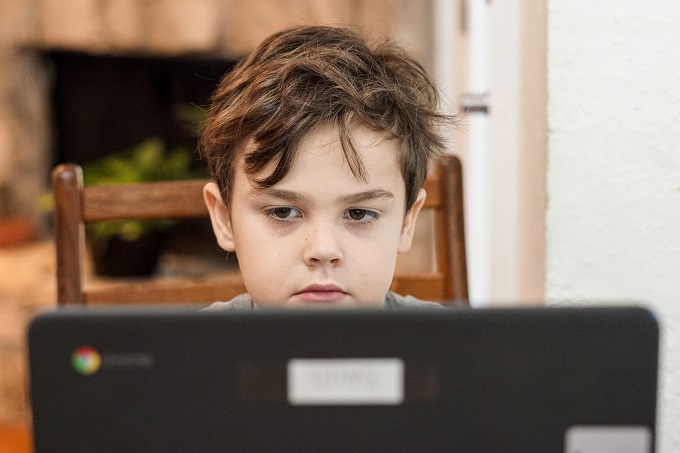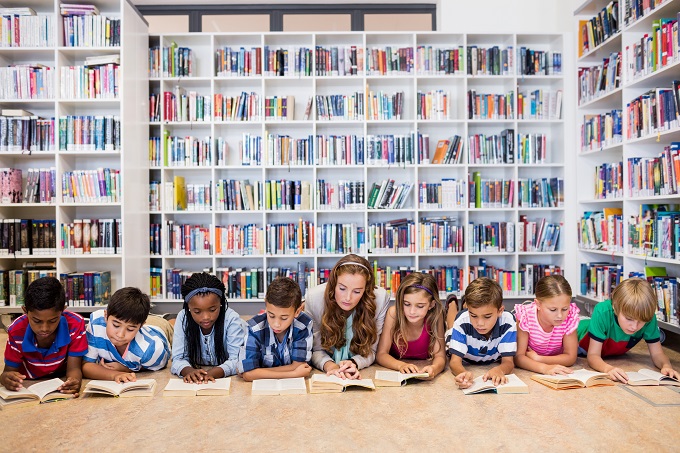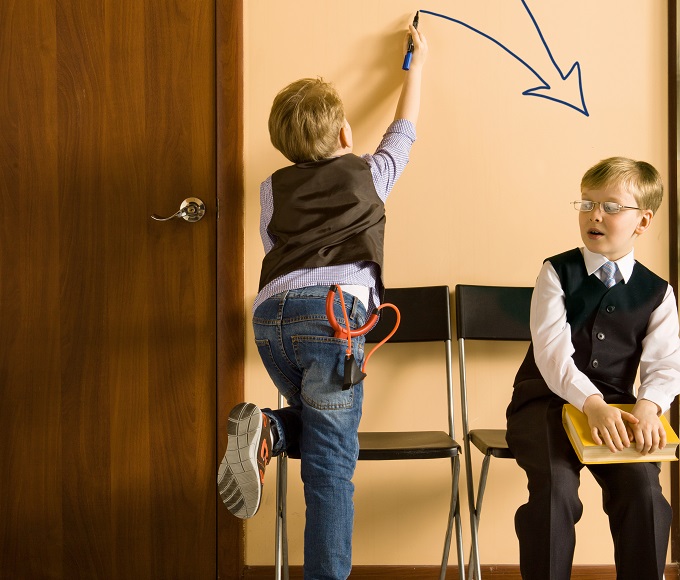
It was a time away from the tedium of school, of unnecessary banter, of bullying, of summoning the courage to raise your hand, of speaking out, of fitting in.
That would have been me, many moons ago. It was not for lack of skill, nor lack of intellect but, the need to be still, quiet, to let the rush of the world flow around, as Margaret Atwood’s recognised The Penelopiad notes:
“Water does not resist. Water flows. When you plunge your hand into it, all you feel is a caress. Water is not a solid wall, it will not stop you. But water always goes where it wants to go, and nothing in the end can stand against it. Water is patient. Dripping water wears away a stone. Remember that, my child. Remember you are half water. If you can’t go through an obstacle, go around it. Water does.”
Perhaps you wonder what the need for solitude and this telling quote have in common.
Both embrace the mindset of an introvert. In a world descending into panic and mayhem, in “flattening the curve”, and “stopping the spread”, an unobtrusive band of people, around the world, continue life, in quiet revel.
The idea of being indoors, in the silence of a familiar space, with only a few loved ones for company, sounds like bliss to them.
Many of these are students, academics and professionals, who thrive in the private seclusion of a home office, who watch in awkward contemplation as others complain of non-contact, of struggling to connect with the faces on Zoom, who want their voices to be heard, but don’t necessarily want to listen.
Introverts often indulge in self-monitoring that compels them to be aware of every dynamic in a physical space. As a consequence, the pressure of attending and being present in every scenario within a physical setting is psychologically taxing.
Several news reports highlighted the differences between extroverts’ and introverts’ responses to the pandemic.
Life in a capsule, as Luke Smillie and Nick Haslam point out, is suited to the introvert, who are usually calm and organised.
Gary Nunn’s references to families who live in the same houses and find themselves on opposite ends of the spectrum, reflects on the new-found empathy for the introvert, who goes about their day in a goal-oriented fashion, not necessarily driven by speaking or interacting with others.
Frank Chow, on the other hand, spoke of the dangers to introverts, who may experience challenges re-integrating into societies after lockdowns.
I pondered this, and wondered whether the world had indeed developed an appreciation for the life sought by introverts for centuries.
Introverts, it would appear, acquire Csíkszentmihályi’s flow, the quiet confines of their personal spaces, often behind closed doors. Introverts enjoy routine, predictability and quiet reflection.

While the anxiety associated with the pandemic affects everyone, it may weigh on the sensitive introvert even more. However, retreating into the sanctuary of a quiet space, without any form of threat or pressure, may have served this personality style much more.
Teachers and academics worldwide bemoaned the student who would refuse to engage in the online class by not turning on their cameras.
Looking closer, the screen of anonymity created by online teaching afforded many introverts the pleasure of learning without the pressure of engaging with their peers and their teachers.
This is not to say that introverts were slacking off, or being irresponsible with tasks. It was more that this form of delivery created a buffer.
Could the online teaching and learning space be the buffer that introverted students needed in order to quietly get on with the job?
Imagine what it’s like sitting in a room of your peers, waiting for some garrulous teacher to suddenly pounce on you with a question. You may well know the answer, but the pressure to perform momentarily robs you of breath, and you can barely stammer out a coherent sentence, before blushing with embarrassment as those around you snigger.
Now, remove that embarrassing “pounce”, the forced group work, and the disingenuous oral presentations, which are usually dominated by extroverts, and what are you left with? Students who are altogether more comfortable, learning from the comfort of their homes, and not bearing the strain of the extrovert need to engage.
Education commentators note that in physical classrooms, introverted students are often overlooked, labelled as non-learners, and dismissed as socially awkward.
Perhaps the online space allows introverted students to emerge and to showcase their skill without anxiety and strain. Introverts need constant recharging alone, but the online space alleviates this constant tension, and the need to revitalise after social interaction is eased.
Studies show that teachers are often frustrated with quiet, shy or introverted students, as they don’t engage in lesson discussion as much as their more extroverted peers.
In her book Quiet, author Susan Cain, an introvert, reflects on the innate ability of introverts, which never surfaces in traditional teaching and learning settings.
Could the online teaching and learning space be the buffer that introverted students needed in order to quietly get on with the job, demonstrate skill and reveal prowess in areas their teachers didn’t believe they had?
Cain’s book has become a bestseller, possibly because as much as 40% of any given population found aspects of themselves in her writing.
As the pandemic advanced across the globe, and schools progressively sought to accommodate students online, could these marginalised learners find their sweet spot? Schools overlook the introverts; the online classroom levels the playing field.
Academics, too, may enjoy the quiet reflections facilitated by their personal spaces during government-imposed lockdowns.
Quiet scholarship is usually not highly regarded in academia, with timidity being erroneously associated with weakness or inability. There seems to be a required role associated with teaching in higher education, and a booming personality to lead in the space. Traditional meetings are veritable hives where voluble members speak over themselves to be heard.
Introducing the online teaching space, the online meeting space, and the online dialogue. The need to operate in that highly-charged space is significantly reduced, and somehow every individual has a time to contribute.
Once such interaction is over, the introvert searches for their restorative niche, which will include the quiet deliberation and musings after a meeting, so characteristic of introversion. These occur unhindered, and often, the recharge is at the same desk, in the tranquil, sequestered space of the home office.
Add to that the freedom from open-plan offices, the bane of the introvert’s life, which have been shown to produce high anxiety, low output, and to break concentration.







